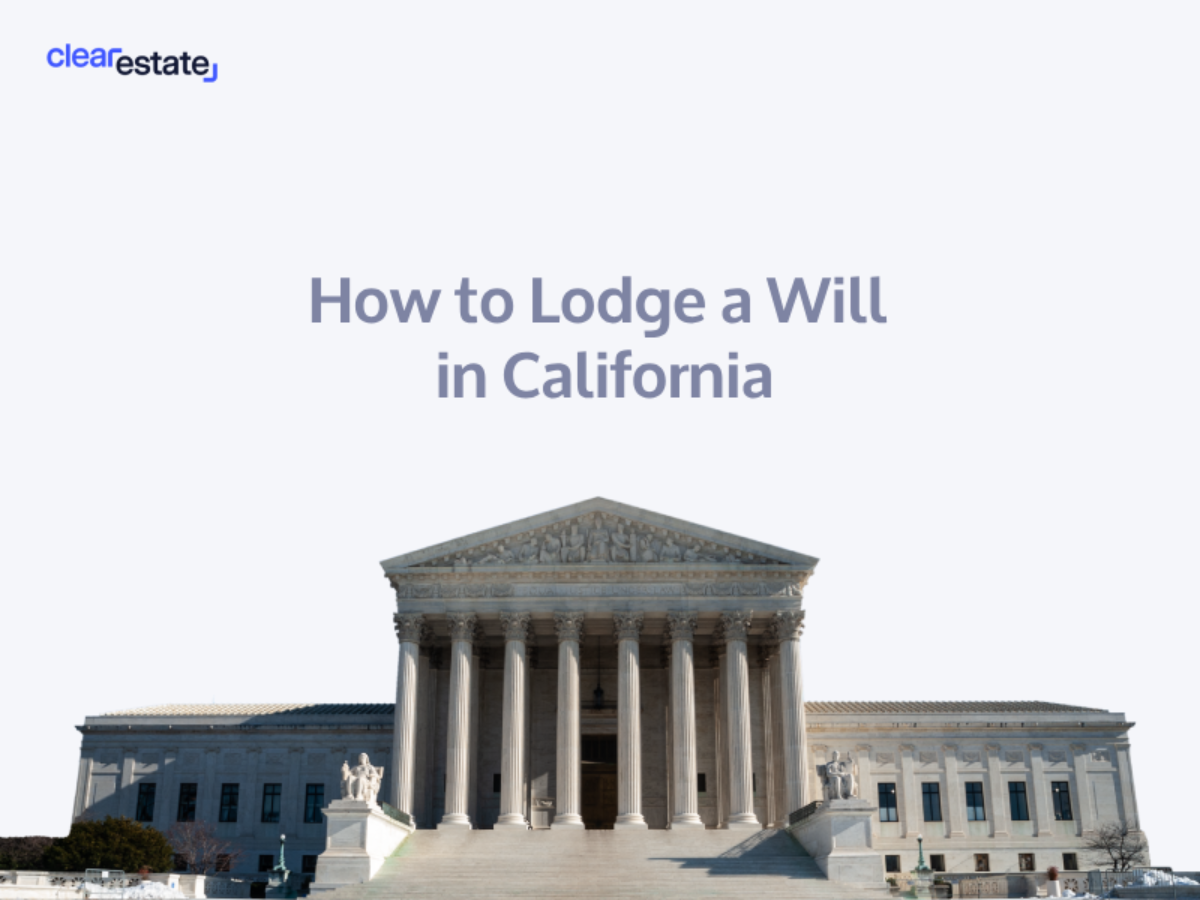Locating important estate planning documents, such as the will, a Living Trust, or life insurance policies, can be a daunting task. These documents hold critical information about how the deceased person wanted their assets distributed and must be found to ensure their wishes are followed.
Start your search in the deceased person's home. The most common storage places are filing cabinets, safes, bookshelves, and desks. Check these areas thoroughly as they often serve as repositories for vital documents. But remember, important papers can sometimes be found in less obvious spots too, so don't overlook any potential hiding places.
If the will cannot be found, it might be a good idea to see if the decedent had a safety deposit box at their financial institution. In some cases, to access the safety deposit box - you may be required to obtain a court order.
Finally, if the will still cannot be located, it could be beneficial to contact the deceased person's estate planning lawyer. As part of their professional services, they often retain copies of important documents and may be able to help you in your search.
Managing Multiple Wills
If you find more than one will, don't panic. California law requires that all found wills be lodged with the court. It's not up to the individual lodging the will to determine which one is valid - that decision is left to the court. So, if you find multiple wills, make sure to lodge all of them.






